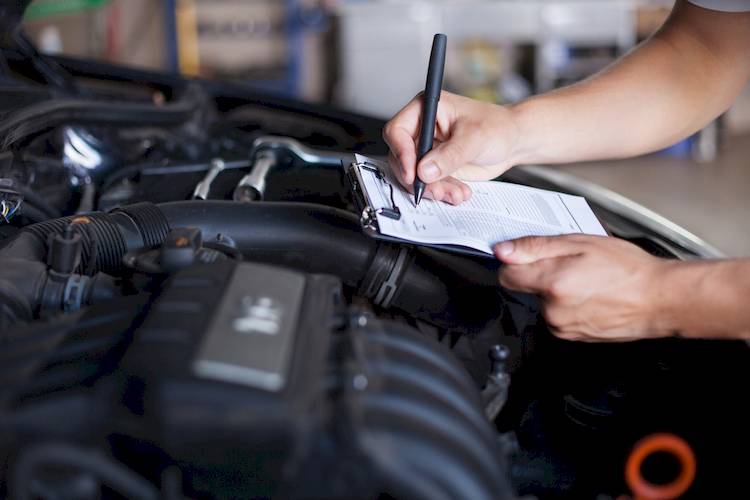

The state of North Carolina requires that all vehicles be inspected for both safety and emissions before registration. This means that any time a vehicle must be registered, the owner must take the vehicle to any of the 7,500 licensed inspection stations, and pay the fees associated with inspection. Upon receiving a passing inspection sticker, the vehicle can be registered and legally operated on North Carolina roadways. For mechanics seeking an automotive technician job an excellent way to build a resume of valuable skills is to seek out an inspector’s license.
North Carolina mobile vehicle inspector qualifications
In order to inspect commercial vehicles in the state of North Carolina, an automotive service technician needs to have the following qualifications:
Must have completed an eight-hour state-sponsored Safety Inspection Course in a North Carolina community college.
Must have passed the inspector’s written examination with a score of at least 80%.
In order to be licensed to inspect for emissions, a mechanic must take an additional eight-hour Emissions Inspection Course.
Vehicle inspector training in North Carolina
North Carolina state sponsors training through many community colleges around the state. For example, Central Piedmont Community College offers an eight-hour course that requires no prerequisites, and that culminates in the safety inspection examination. They also offer an additional course for emissions inspecting. In order to take the emissions inspection course, a mechanic must have already earned their safety inspection license.
These community college courses must cover the following objectives:
- Identification of all components that must be inspected
- Calibration and use of special tools, such as a window tint meter
- Successfully following all safety and emissions inspecting procedures
- Passing the inspection license exam with at least an 80%
Safety inspection licenses are valid for four years, while emissions inspection licenses are valid for two years. In order to renew an expired license, mechanics must take a shortened version of the initial inspection courses, offered at various North Carolina community colleges.
Systems and components inspected by North Carolina vehicle inspectors
The following systems or vehicle components must be inspected to declare a vehicle safe, according to the regulations manual used by all North Carolina automotive tech jobs:
- Brake System
- Lighting Components
- Horn
- Steering System
- Windshield Wiper
- Direction Signals
- Tires
- Mirrors
- Emissions System
If you’re already a certified mechanic and you’re interested in working with YourMechanic, submit an online application for an opportunity to become a mobile mechanic.



